Transforming Waste Into Opportunity, Empowering communities: The Impact of Zero Waste Amazing Projects Foundation LTD (ZWAP)
Transforming Waste Into Opportunity, Empowering communities: The Impact of Zero Waste Amazing Projects Foundation LTD (ZWAP)
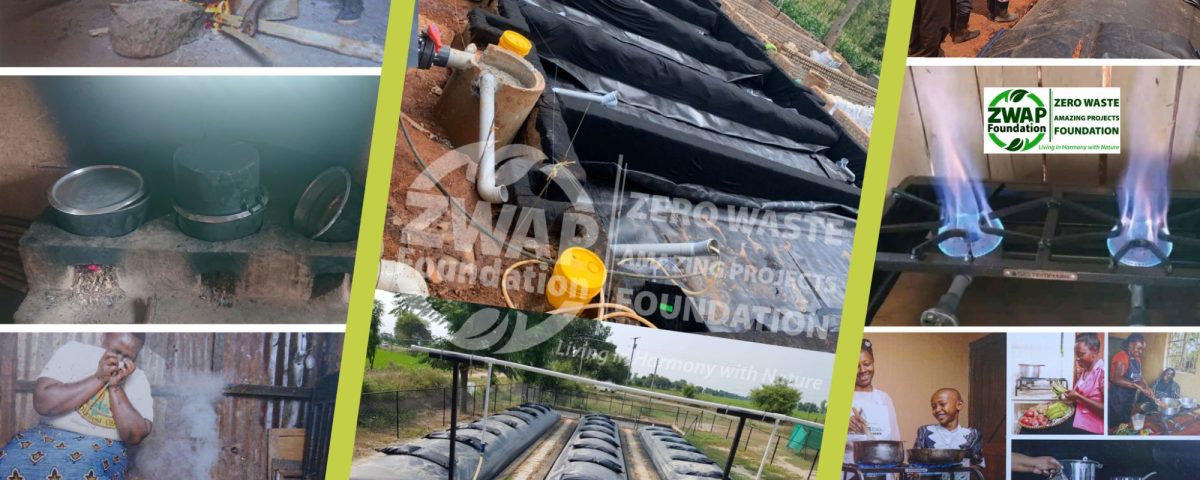
Uganda generates approximately 3.5 million tons of solid waste annually, with urban centers like Kampala producing between 1,900–2,500 tons of waste daily. Organic waste, particularly from food and agriculture, constitutes about 80% of this total. The remaining portion includes plastics, metals, paper, and hazardous materials such as e-waste and medical waste. Unfortunately, Uganda’s waste management systems are often inadequate, with cities collecting only 40-50% of the waste generated, leaving the rest to pollute the environment through improper disposal in dumpsites, open spaces, and water bodies.
To address these pressing challenges, Zero Waste Amazing Projects LTD (ZWAP) has adopted a transformative approach to environmental sustainability. Founded with a mission to empower marginalized communities through innovative waste management solutions, ZWAP is revolutionizing waste handling in Uganda. focusing on education, innovation, and community empowerment.
ZWAP also sees significant opportunities in areas such as composting, recycling, and waste-to-energy projects, which can ease the burden on landfills and generate economic value through biogas, organic fertilizers, and recycled products. This aligns with the goals of global climate action and Uganda’s National Climate Change Policy (2015)
ZWAP’s Impact: Making a Difference
Empowering Communities through Education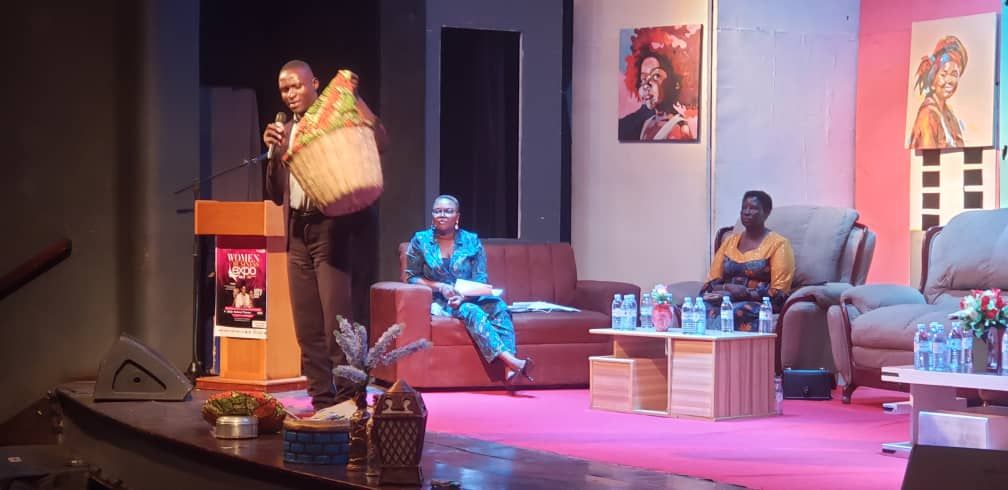
Since its inception, ZWAP has prioritized community engagement and education as the cornerstone of its activities. Over 25,000 individuals, including youth, women, and displaced communities, have directly participated in ZWAP’s workshops, learning about sustainable waste management practices and gaining skills to transform waste into valuable resources. These workshops focus on sustainable waste reduction and management practices, emphasizing proper waste segregation, daily waste habits reformation, composting, recycling, and upcycling—empowering participants with the knowledge and skills to reduce waste in their daily lives and create economic opportunities.
ZWAP’s impact goes beyond education, fostering a sense of ownership and responsibility among participants. By promoting awareness of the importance of proper waste management, the initiative is cultivating a generation of environmental stewards who are dedicated to protecting their communities and the planet and benefit from each activity as one. “Conservation is our Responsibility”
Waste-to-Product Innovations: Turning Trash into Treasure
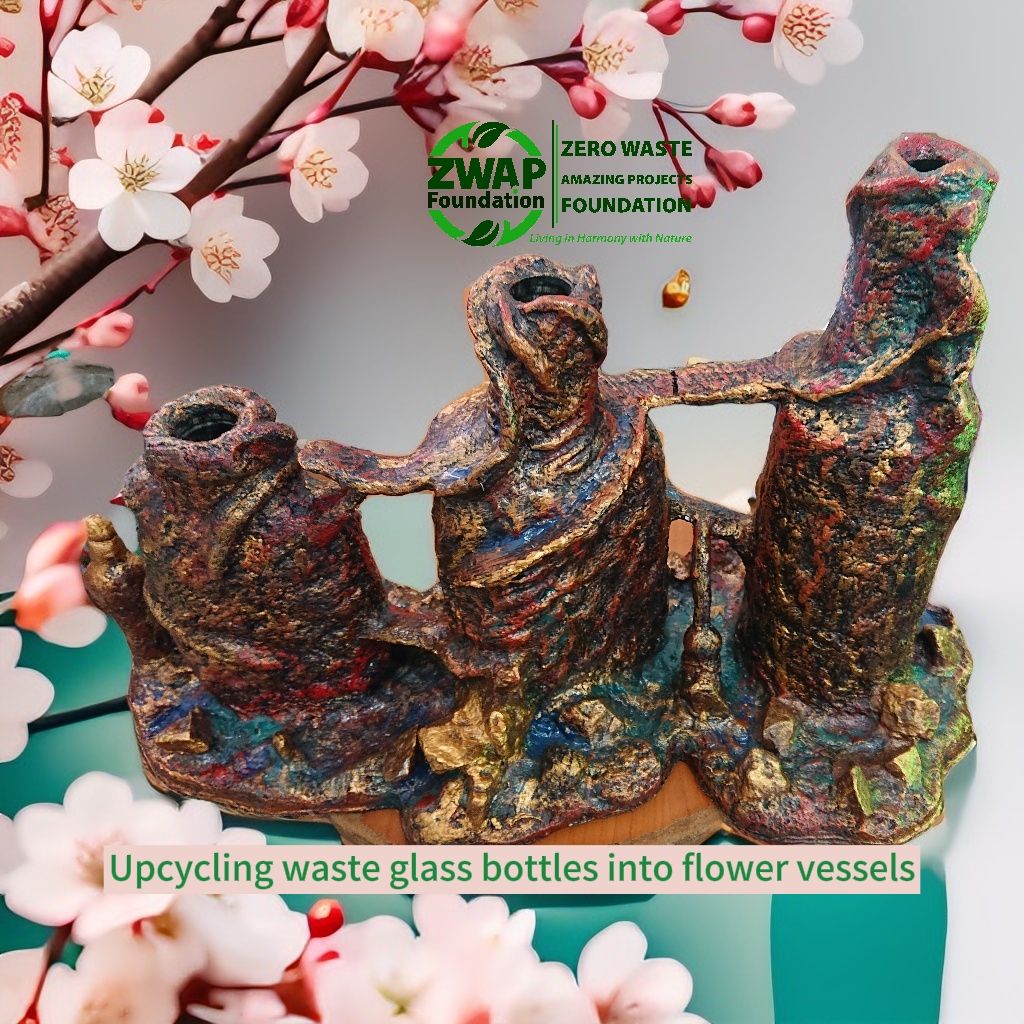
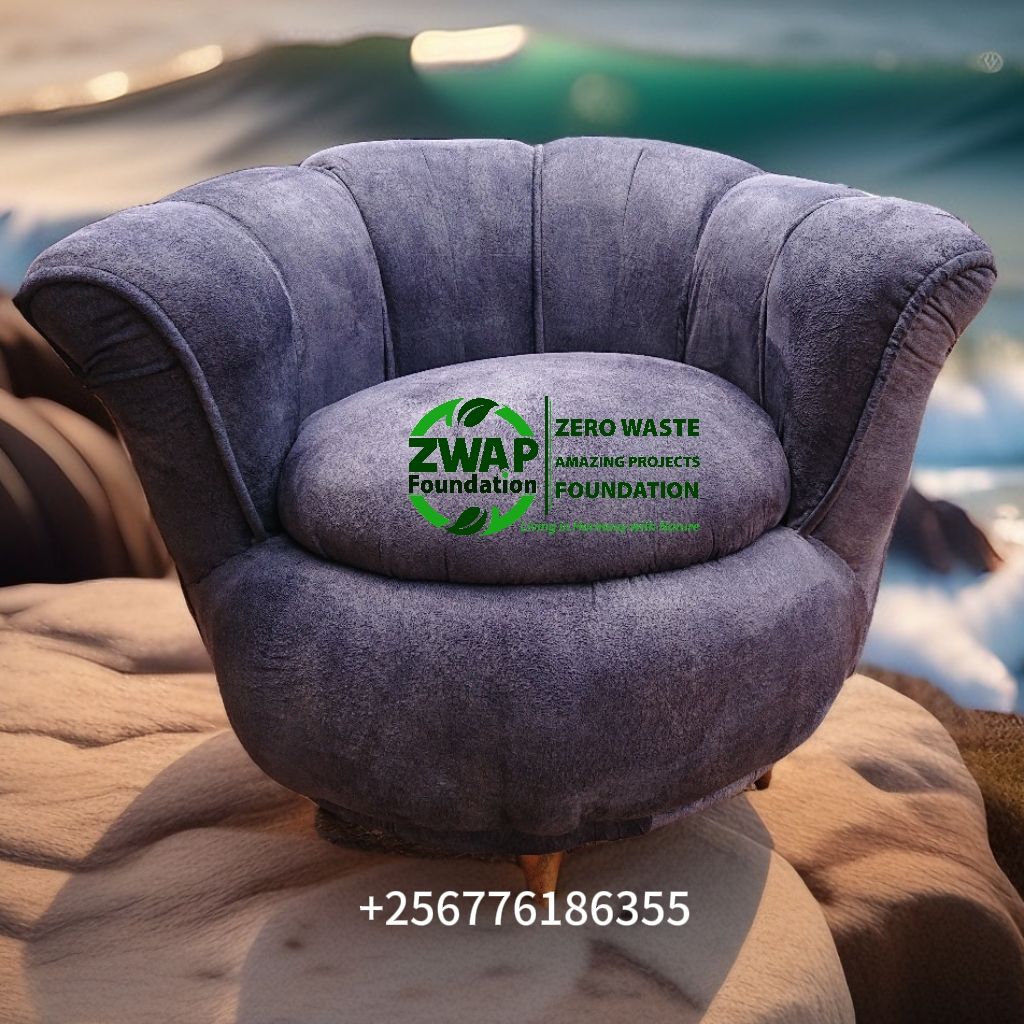
One of the most significant impacts of ZWAP’s work is its ability to transform waste into valuable resources. The foundation has developed over 20 unique products from waste materials, including eco-friendly building materials, jewelry, upcycled crafts, and reusable items. These innovations not only reduce waste but also provide economic opportunities for local entrepreneurs, particularly women and youth in marginalized areas.
By demonstrating the economic potential of waste, ZWAP is creating a circular economy where waste is no longer a burden but a resource. This approach is not only helping to clean up communities but also providing sustainable livelihoods for those who need it most. “Every waste is a raw material”
Renewable Energy for a Sustainable Future
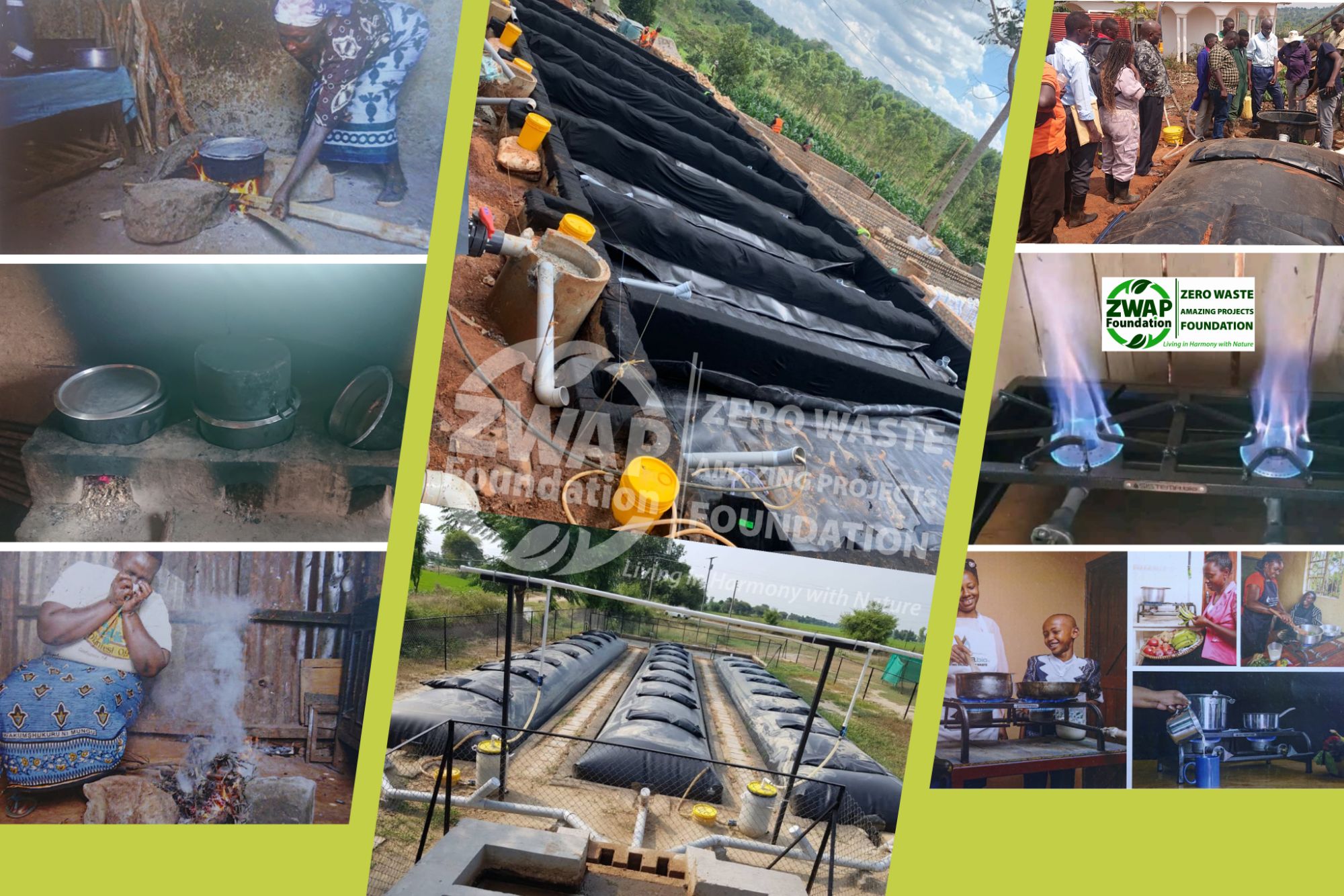
In addition to its waste-to-product innovations, ZWAP is making a significant impact on Uganda’s energy landscape. They have distributed and installed over 360 biogas systems, converting animal waste into clean energy for cooking and farming. This initiative is reducing reliance on fossil fuels, lowering greenhouse gas emissions, and providing affordable, renewable energy to communities. Each 12m³ biogas system is estimated to capture over 1.5 metric ton of Co2 emissions every year provided that it is set for poultry, piggery and diary farmers who use charcoal and firewood for fuel purposes, creating a reduction of over 540 tons of Co2 annually.
ZWAP’s biogas systems from Sistema.bio also produce organic fertilizers as a byproduct, supplying over 160 litters of bio-fertilizers, supporting local agriculture and promoting food security. By integrating renewable energy solutions into its waste management initiatives, ZWAP is helping to build a more sustainable and resilient future for Uganda. “Healthy foods, Clean cooking, healthy communities”
Tackling the Energy Crisis with Briquette Production
In Uganda, over 98% of households rely on biomass fuels such as firewood (85%) and charcoal (13%) for cooking and heating. This dependency contributes to deforestation, air pollution, and health issues, particularly respiratory diseases among women and children. ZWAP is addressing this challenge through its briquette production initiative. The enterprise supports the production and sale of over 2,700 kg of briquettes monthly, providing a clean, affordable alternative to traditional charcoal. Made from recycled waste materials, these briquettes are reducing deforestation, cutting down on air pollution, and improving energy access for households. ZWAP’s briquette production is a shining example of how waste can be transformed into a solution for multiple challenges—clean energy, environmental conservation, and economic empowerment.
Promoting responsible energy use and energy efficient appliances
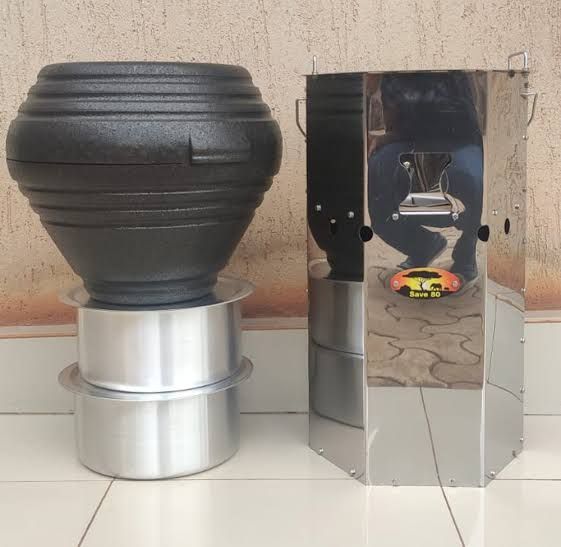
ZWAP’s promotion of sustainable energy-saving and clean-cooking solutions like energy saving habits, fireless cooking baskets, energy-efficient wood and charcoal stoves, electric pressure cookers, induction cookers, ethanal cookers etc, directly support waste reduction, minimize the demand and reliance on fossil and biomass fuels which aligns with global climate action goals, reducing deforestation, a major driver of climate change due to the loss of carbon-sequestering forests, enhances climate change resilience, helps preserve biodiversity and prevents soil erosion which is vital for maintain agricultural productivity in the face of changing climate patterns.
By promoting cleaner, more efficient stoves and cookers, ZWAP also contributes to reducing indoor air pollution, which is a major health risk, particularly for women and children. This helps improve community well-being, making them more resilient to both health and environmental stresses.
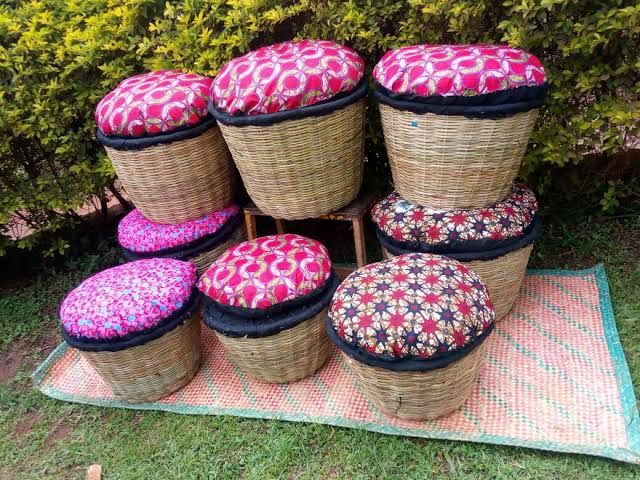
ZWAP’s initiatives are key to fostering sustainable energy use, reducing environment impact and improving climate resilience in Uganda. These efforts also open opportunities for economic growth through the development and marketing of these energy-efficient appliances.
Supporting Sustainable Agriculture
Waste management and agriculture are deeply interconnected, and ZWAP recognizes this relationship through its innovative Waste-to-Farm initiative. Using methods such as traditional composting, Black Soldier Fly farming and vermiculture, the foundation is turning organic waste into compost and organic fertilizers that enhance soil fertility and also provide alternative protein sources for poultry and piggery.
ZWAP’s agricultural initiatives have led to the establishment of over 50 backyard gardens, living fences and several community composting spaces – promoting organic farming practices, improving food security, and supporting sustainable agriculture in local communities. By closing the loop between waste and agriculture, ZWAP is ensuring that nothing goes to waste.
Recognition and Awards
ZWAP’s innovative and impactful work has not gone unnoticed. In June 2023, CEO Isaac Michael Kuteesa received the Outstanding Male Champion in Climate Action Award during the Women in Climate Conference. In Aug 2024, he was further recognized with the Outstanding Contribution to Climate Action in Uganda Award at the Youth in Climate Action Conference. These accolades highlight ZWAP’s commitment to grassroots engagement and its significant contributions to climate action in Uganda.
Looking Ahead: The Future of ZWAP
The future of ZWAP is bright, with ambitious plans to expand its reach and deepen its impact. Over the next five years, the foundation aims to reach an additional 100,000 individuals, scaling its waste management solutions to more marginalized communities. The initiative plans to establish an online and physical showrooms and sales centers for all recycled and upcycled craft products, renewable energy products, energy saving appliances, and compost. ZWAP also plans to establish Sustainable Waste Management Demonstration Hubs in different regions, where communities can learn firsthand how to transform waste into valuable resources.
Additionally, ZWAP is working toward developing a self-sustaining model where communities generate income through waste-to-product initiatives. By empowering communities to manage their own waste, ZWAP is not only solving immediate waste management challenges but also cultivating long-term resilience and sustainability.Call to Action: Join Us in Building a Zero Waste Future
At ZWAP, we believe that waste is not just a problem—it’s an opportunity for innovation, empowerment, and environmental stewardship. We invite you to join us in our mission to build a zero-waste future for Uganda. Whether through volunteering, donating, or partnering with us, there are many ways you can help us make a difference. Together, we can create a future where waste is minimized, resources are maximized, and communities thrive in harmony with nature. Let’s turn waste into wealth and build a cleaner, greener Uganda for generations to come.
Conclusion
Zero Waste Amazing Projects Foundation LTD is more than just a waste management organization—it’s a movement for sustainable growth and environmental resilience. By combining education, innovation, and empowerment, ZWAP is transforming how communities in Uganda approach waste. With your support, we can continue to scale our impact, turning waste into a powerful resource for change.
